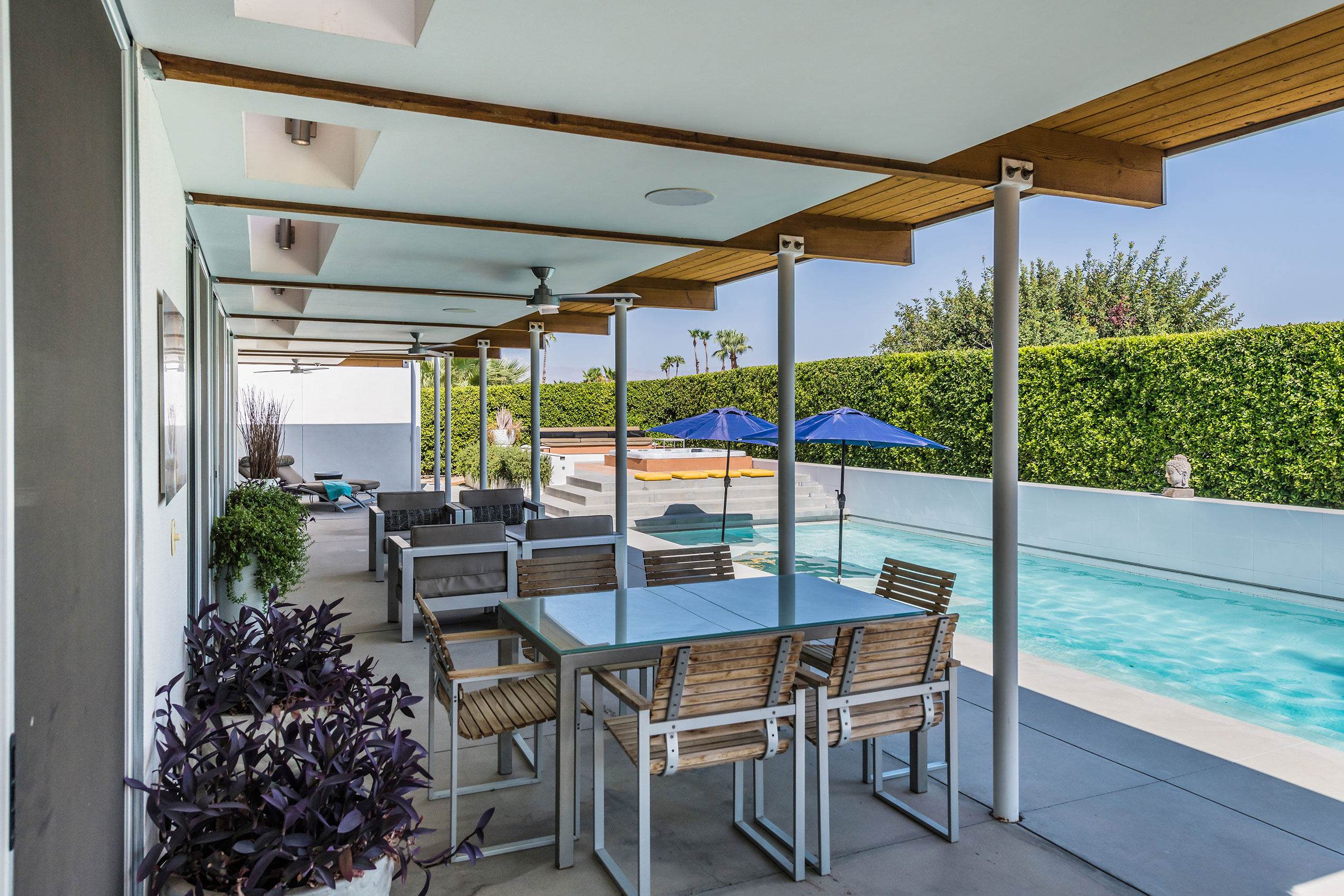Deposits for Houses - earnest money and downpayment
Buying a home will expose you to a whole new vocabulary that you may never have heard of before. You'll hear new words from your mortgage lenders about your home purchase that you'll wish you had a dictionary to explain everything. Not to worry, at the Paul Kaplan Group, we'll help walk you through the entire home purchase process and educate you on the terms you'll need to learn.

Two important terms that you'll hear often, are "earnest money deposit" and "down payment." Both are very common when buying a home when it comes to deposits on a house, and you'll need to know the defference. Here's your cheat sheet on earnest money deposit vs. down payment.
Earnest money
Earnest money is often referred to as an escrow deposit. It is the deposit for the house that the buyers put into escrow after the seller accepts their offer. Its the money the buyers deposit to show good faith to the sellers that they're entering a real estate transaction with. This is the money typically that will compensate the seller if the buyer breashes the contract and cancels after they've removed their contingencies.
How much is a typical earnest money?
In the Palm Springs market, earnest money deposits usually are 3% of the purchase price of a home. In the liquidated damages clause in the typical California State purchase agreement, if both buyer and seller agree to it, 3% is the maximum the seller can request of a buyer if they default on the contract.
When a buyer submits an offer, they'll indicated the amount of the ernest deposit they want as part of the transaction. The seller can either accept, reject, or negotiate the buyer's suggested earnest money amount.
The earnest money deposit process
Earnest money deposits are delivered to escrow typically when the sales contract or purchase agreement is first signed by all parties. They are often in the form of the buyer's personal check and delivered within 3 days of acceptance.
The check is held by the escrow company and the funds are held in an escrow deposit account. The money will be shown as a credit to the buyer at closing and will offset part of the down payment amount or closing costs.
If a buyer backs out of a contract after they've removed all they're contingencies, then typically the buyer would be considered in default. If a prospective buyer backs out of the deal, the seller might be able to keep the earnest money deposit per the terms of the contract. If the buyer cancels however, prior to removing contingencies, typically the buyer would be entitle to getting back the ernest money deposit, less any expenses that the seller may have incurred as a result of accepting the offer: Ie: HOA reports, natural hazard reports, temirte reports, any repairs done on the property per the request of the buyer, etc.
Down payment
If you're getting financing on a home, the down payment is an amount of money a home buyer pays directly to a seller through escrow at the closing. The balance of the purchase is paid by the lender through the buyers' loan. Despite a common misconception, the deposit is not paid to a lender. The rest of the home's purchase price comes from the mortgage.
Typically the lender will want to know where the deposit will be coming from by the buyer.
Down payments are usually wired directly from the buyer's bank directly to escrow prior to the scheduled closing. The deposit won't be released to the seller until the transaction closes.
Typical down payment amount
Typically, the exact amount of a down payment is often determined by the lender in relation to the overall loan amount. There are numerous loan programs out there, and the total down payment will be determined by what you qualify for with the lender.
Your purchase contract offer generally states how much you intend to put down as a deposit. Often a seller may be more likely to accept your offer if you are putting more money down. In a competitive market. a seller may prefer an offer that has a higher down payment.
NOTE: The down payment is not all you need to buy a house. You also need to budget for closing costs, appraisals, and other expenses when you purchase real estate.
Is a 20% down payment mandatory?
For decades, a 20% down payment was considered the magic number you needed to be able to buy. Many financing solutions exist, so 20% may not be required for your home purchase. Check with your lender to see what you qualify for.
If you're putting down less than 20%, however, you will probably have to also pay for mortgage insurance, an extra monthly fee to mitigate the risk that you might default on your loan. And mortgage insurance can be pricey—about 1% of your whole loan, or $1,000 per year per $100,000. Check with your lender to see what the cost of mortgage insurance would be if you put less than 20% down.
Still, nothing compares to the feeling of owning your own home, so if you have your heart set on buying, there are options out there to help you achieve your dream of homeownership.
Its normal that you'll have a lot of questions when you're buying a home, whether this is your first home purchase or you're a seasoned buyer. The agents at The Paul Kaplan Group in Palm Springs, are trained and experienced. When you have questions, we're here to help!
Selling Your Home?
Get your home's value - our custom reports include accurate and up to date information.


